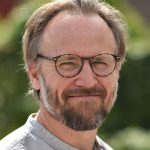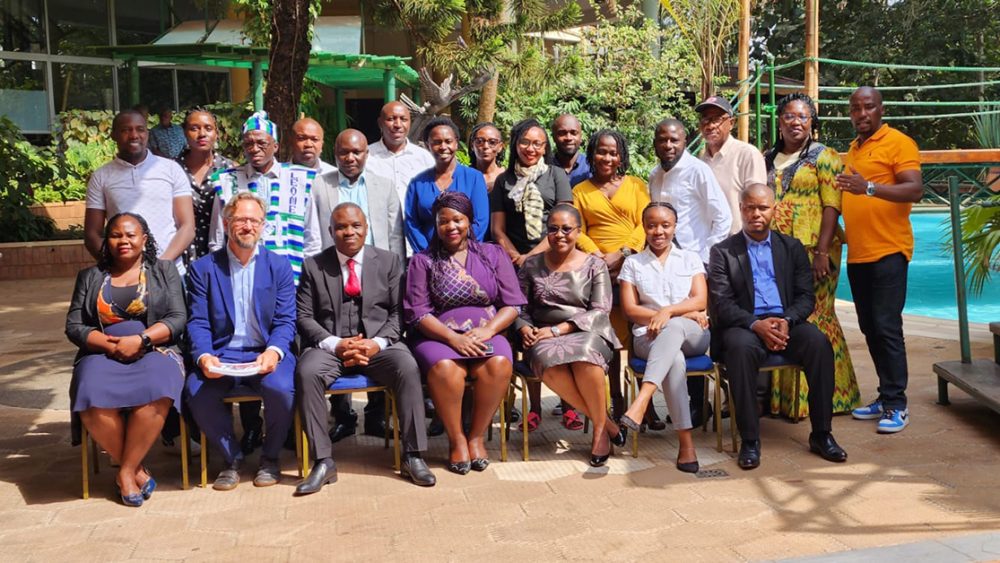In a spirit of collaboration and commitment, Lund University’s programme ‘Human Rights and Gender Equality in Climate and Disaster Displacement’ has reached its culmination. The programme’s final workshop, held in Uganda on August 21-22, served as a dynamic platform for participants from Freetown, Kampala, and Nairobi to present their transformative City Profiles. These profiles encapsulate their insights, discussions, and strategies focused on human rights, gender equality, and climate challenges in urban contexts.
City Profiles: Local Insights and Global Impact
At the heart of the workshop lay the City Profiles, crafted through a collaborative process carried out by public sector officials. These profiles stand as unique repositories of local insights, poised for wider dissemination. From Sierra Leone’s Freetown to Uganda’s Kampala and Kenya’s Nairobi, these profiles reflect the knowledge and perspectives of professionals tasked with addressing climate-induced displacement challenges.
The FIRE Framework: Guiding Transformative Change
The seminar’s discussions were guided by the FIRE framework, which emphasizes governance systems, fundamental rights, non-discrimination, participation, social norms, and empowerment. These dimensions echo international standards, grounding the seminar’s commitment to gender equal and human rights-based disaster risk reduction and climate adaptation.

“The City Profiles, that have been produced by representatives from local and national authorities, are unique and innovative as they reflect the knowledge and perspectives of people who have the responsibility for addressing the issue of disaster-related displacement at the local level.”, says lecturer Matthew Scott from The Raoul Wallenberg Institute of Human Rights and Humanitarian Law.
Bringing Change to Life: Actionable Strategies
As the City Profiles were unveiled, the seminar went beyond documentation, encouraging participants to brainstorm tangible steps for implementation.
“Participants have made a unique contribution to knowledge around an issue that is high on the agendas of international and regional actors. In so doing, participants may ultimately succeed in attracting international and other forms of support for implementation of at least some of the recommendations”, says Matthew Scott.
A Holistic Transformation
The workshop’s significance was amplified by the presence of not only the programme participants but also Lord Mayor of Kampala, who opened the event with an endorsement of the initiative and called for practical measures to address this complex sustainable development and climate adaptation challenge.
“The fact that the course participants themselves produce the city profiles makes a difference when it comes to engaging other actors in the recommendations”, says Matthew Scott.
Empowering Change: A Promising Future
Lund University’s programme brought together professionals from diverse backgrounds to address a shared challenge. The final workshop, brimming with insights, discussions, and strategies, marks not an end, but hopefully only the start of an ongoing initiative to address climate displacement in African cities. With City Profiles in hand and a shared commitment to human rights and gender equality, these change agents are poised to navigate the complex landscape of climate and disaster displacement, fostering resilience, inclusivity, and lasting impact.
Programme Partners
The programme is provided by The Division of Risk Management and Societal Safety at the Faculty of Engineering at Lund University and The Raoul Wallenberg Institute of Human Rights and Humanitarian Law (RWI) in collaboration with LUCE, the Department for Commissioned Education at Lund University. It is funded by the Swedish Institute.
Related Article from the Kampala City Authority
Lord Mayor Calls for Urgent Climate Action at Lund Capacity-building Program Closure in Kampala


zoritoler imol
Very interesting details you have mentioned, regards for posting.
casino utan svensk licens
Det är viktigt att tänka på säkerheten när man spelar på casino utan svensk licens, så jag är alltid försiktig.
tlovertonet
Having read this I thought it was very informative. I appreciate you taking the time and effort to put this article together. I once again find myself spending way to much time both reading and commenting. But so what, it was still worth it!
smortergiremal
I dugg some of you post as I thought they were very helpful very helpful
Study in Africa
Thanks for another informative web site. Where else could I get that type of info written in such a perfect method?
I’ve a mission that I’m just now working on, and I have been on the glance out for such information.
innovationpublicsector
Hello,
Thank you for your kind words! We appreciate that you find our blog informative.
It is not a blog about what it is like to study in Sweden or what regular education programmes are about, but rather a follow-up site about some of Lund University’s capacity building programmes that are carried out for different groups of professionals. All with financial support from the Swedish Institute.
If you are looking for information in general about studying in Sweden, please have a look at the website https://studyinsweden.se/. Should you look for more information about how Lund University works with capacity building programmes, please check out our website https://www.lunduniversity.lu.se/admissions/professional-education/capacity-building-programmes
All the best!
/Emma, Communications Officer at Lund University